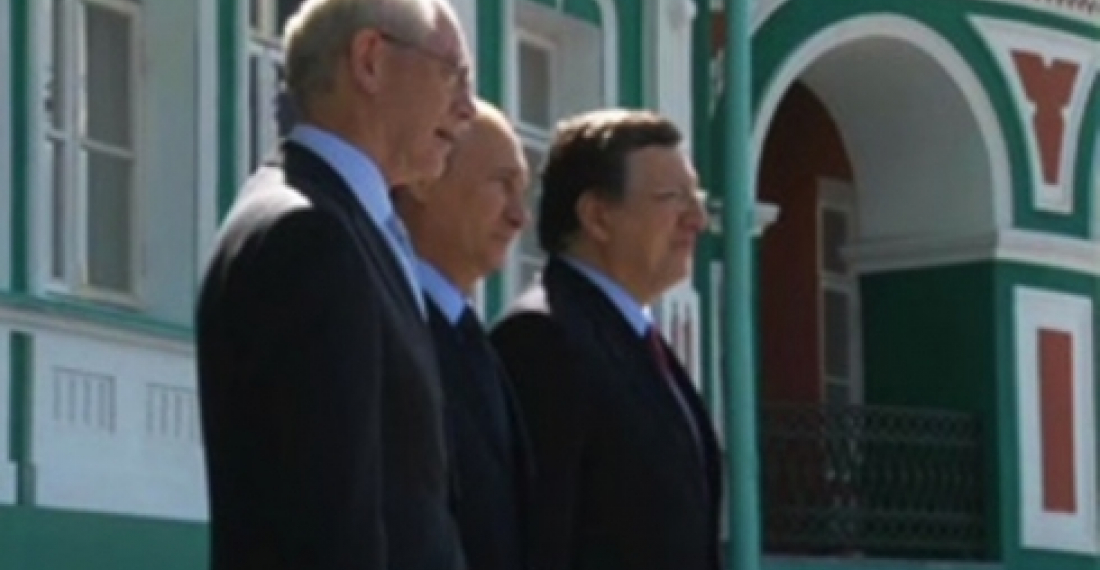В Екатеринбурге 3 и 4 июня состоялся саммит ЕС-Россия. ЕС на саммите был представлен Херманом Ван Ромпейем, президентом Европейского Совета, и Жозе Мануэль Баррозу, президентом Европейской Комиссии. В саммите также приняли участие Кэтрин Эштон, Верховный представитель ЕС по иностранным делам и политике безопасности / Вице-президент Европейской Комиссии, и Комиссар ЕС по вопросам энергетики Гюнтер Оттингер.
Россия была представлена президентом Владимиром Путиным, министра иностранных дел Сергеем Лавровым и несколькими другими российскими министрами.
Выступая после завершения саммита, президент Ван Ромпей заявил, что в ходе встречи он также "поднял вопрос о необходимости укрепления сотрудничества по безопасности в Европе, начиная с затяжных конфликтов у наших общих соседей".
Президент добавил:
"Я напомнил, что нам нужно всеобъемлющее урегулирование приднестровского конфликта. Основные принципы будущего урегулирования должны быть согласованы сейчас. Это конфликт, который может быть решен.
Мы призываем к продолжению взаимодействия и сотрудничества по Нагорному Карабаху в поддержке существующих переговорных процессов. Мы приветствуем позитивные изменения в российско-грузинских отношениях. Важно укрепить стабильность на Кавказе, на основе уважения принципов суверенитета и территориальной целостности."
Источник: commonspace.eu по материалам пресс-службы президента Европейского Совета
фото: Херман Ван Ромпей, президент Европейского совета, Владимир Путин, президент России, и Жозе Мануэль Баррозу, президент Европейской комиссии, в Екатеринбурге; (фото любезно предоставлено Европейским Союзом).






